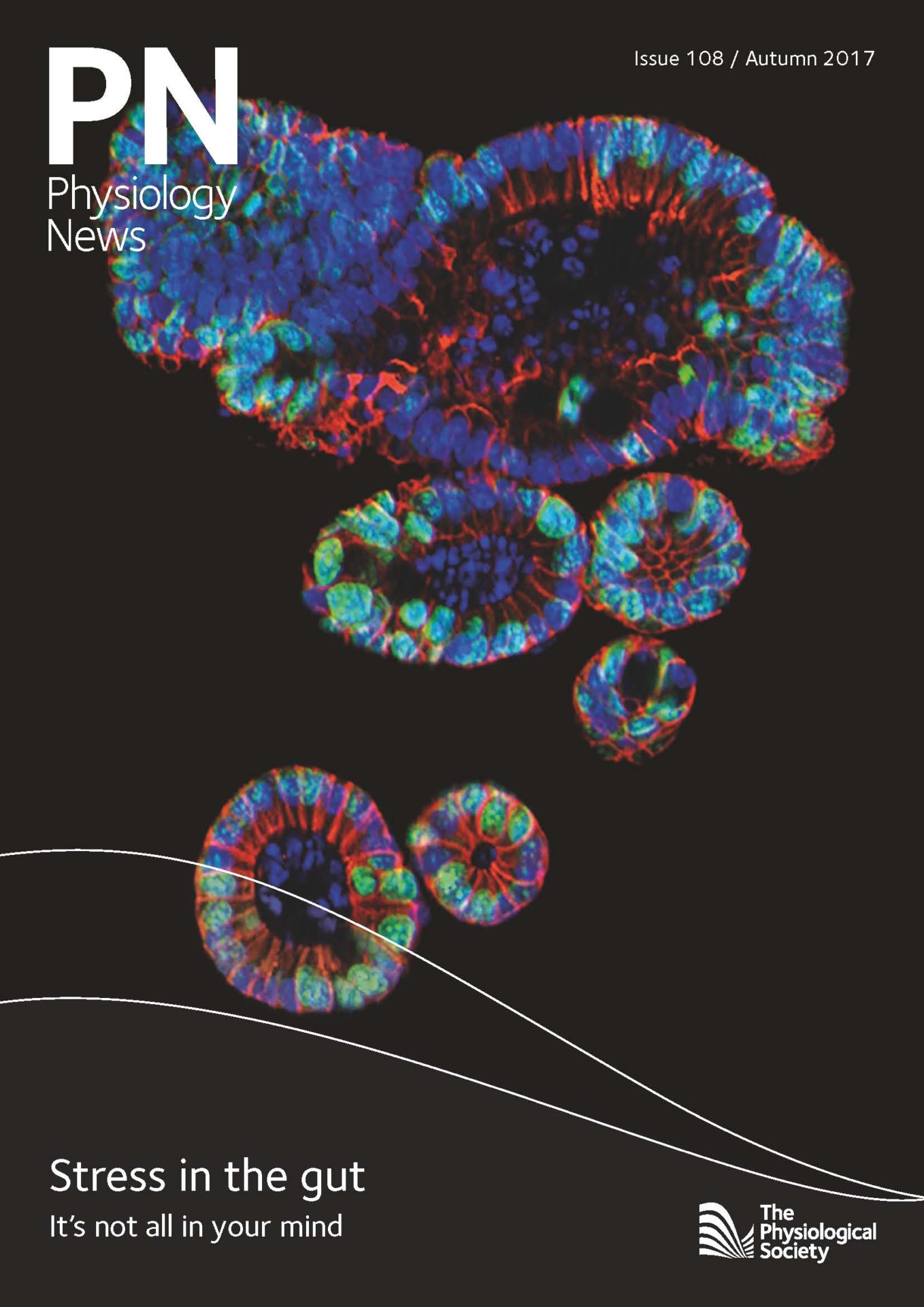
Physiology News Magazine
PhD degrees
Letters to the Editor
PhD degrees
Letters to the Editor
Tim Biscoe
University of Bristol, UK
https://doi.org/10.36866/pn.108.6
I am prompted to write by the piece by Ole Petersen about his not acquiring a PhD. I went to medical school in 1950, intercalated a degree in physiology on the way through to medical qualification, registration, house jobs, and then in 1958 or so drafted into the Royal Army Medical Corps (RAMC). I ended up at Porton Down in a long line of previously drafted physiologists like Bill Douglas, Richard Adrian, John Widdecombe, Bob Torrance, Tony Taylor, and others. The head of physiology was Sir Charles Lovatt Evans, who came into the lab for tea and/or coffee on two or three days a week. In his retirement from the Jodrell Chair at University College London (UCL) he lived nearby and told many stories about UCL going back to the turn of the century.
JH Gaddum I had met briefly when an intercalating science student attending a Physiological Society meeting at The London Hospital Medical College. I was told to help Leon Bernstein with a Demonstration to do with respiration, and using a Cossor Oscilloscope. I did not understand what I was doing, and suddenly there appeared in the room Gaddum, who said to me ‘My name is Gaddum, who are you?’ From that Demonstration, I learned however distinguished you may think you have become, never assume anyone knows who you are; a very important lesson in life. Gaddum was certainly distinguished. I knew his work with Henry Dale, and many of us used his textbook of pharmacology. He came each year with the visiting group to Porton Down.
When I was leaving the RAMC I enquired of Gaddum, the Director of the ARC Institute of Animal Physiology, at Babraham, whether I might apply for a position. The upshot was that I was appointed and we moved into an ARC house on The Close, along with our two little daughters. The lab I had was next to the one that Gaddum used with Michael Smith. Gaddum frequently came in to see what I was doing and to chat about science. He said to me that I had talked my way into Babraham. I don’t know how, but that may be a good procedure for a hungry young scientist. At that time Babraham was probably the leading place in the UK for work on the nervous system. Apart from Gaddum, the staff included Marthe Vogt, Catherine Hebb, Ann Silver, Keris Krnjevic, Victor Whitaker and many others in allied fields of physiological science like Arnold Feinstein.
There were also visiting scientists, like John Phillis from Canberra, and after Richard Keynes arrived, Murdoch Ritchie from Yale.
One day I asked Gaddum if I should work for a PhD degree. He said ‘You don’t want to waste your time doing that, you should do experiments and publish the results.’ That would be in 1962. His reply was right for me, but also reflects the time in which we lived and worked. Nowadays, it would be usual for young scientists to study for a PhD degree regardless of a medical qualification, certainly necessary if they had no medical degree.
I have just now read the text of a discussion conducted outstandingly well by Tony Angel with Andrew Huxley on behalf of The Physiological Society. It seems to me to be an important historical document. Amongst many interesting comments made by Andrew Huxley and germane to this piece is: ‘… my Cambridge BA, indeed the only degree that I hold that’s properly earned by examination, or thesis, I have never written a thesis, my only honest degree is a Cambridge BA based on part one of the natural sciences Tripos and a certificate of diligent study in my third year when I was dissecting the corpse’ [dissection, because he had it in mind to study medicine and had to learn anatomy].
Another comment relating to Alan Hodgkin was: ‘Tony Angel: What was your relationship? Was he your PhD supervisor?’ To which Andrew Huxley replied: ‘I never did a PhD.’
I think it follows that when Andrew Huxley was appointed as Jodrell Professor at UCL his title was ‘Mr’. If I had but known it in 1962, I was in exceptional company.
Subsequently, I did put together experimental work I had done on respiratory muscles with a view to submitting the body of work for an MD degree at London University by thesis, which was possible at that time. I then enquired from the University what the fee would be and was told a large sum, £40-50 I think. Since this would represent a third of my salary, and my wife and I had two children with a third in the offing, it was clear that submission would be silly and without merit, merely a means of feeding self-esteem. There would be no benefit for my family and little or none for me, and we would have fewer resources as a family.
I was fortunate to have a wonderful wife and life, even to being proposed as a member of the Committee of The Society by our respected Editor.
